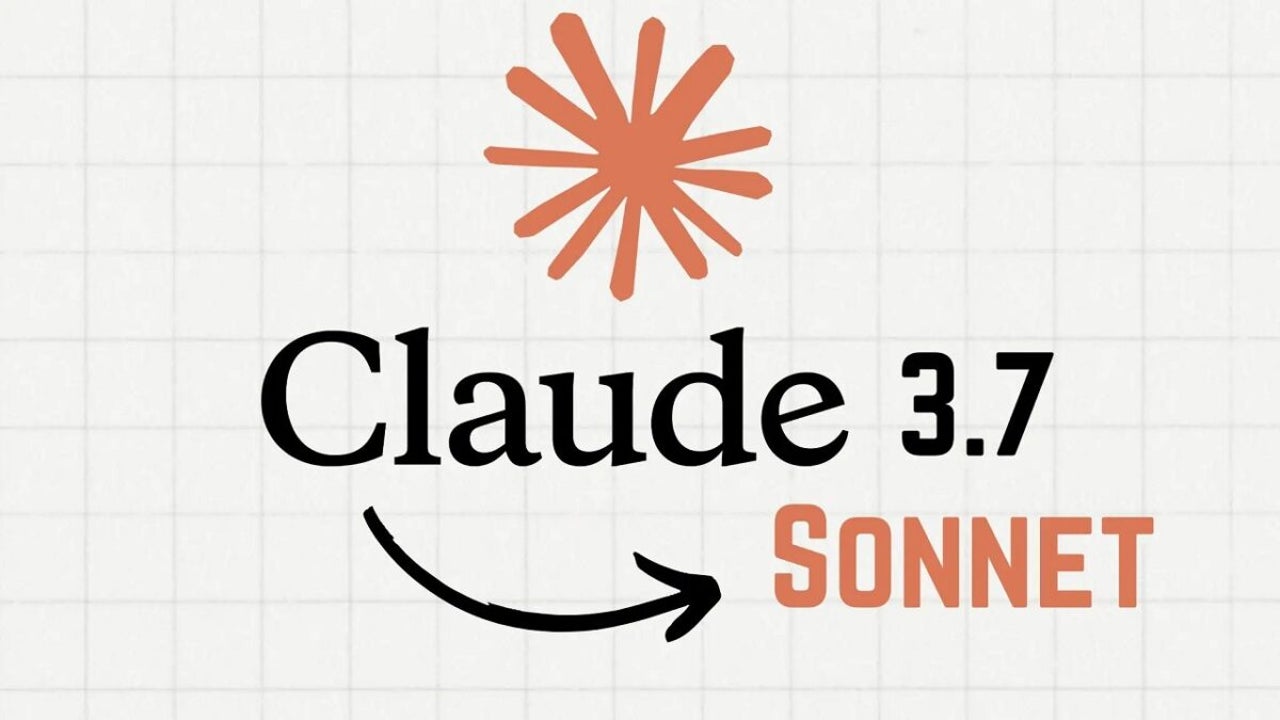Claude 3.7 Sonnet: the AI that is going to revolutionize everything
Claude 3.7 Sonnet from Anthropic advances AI capabilities, combining speed and depth in responses while tackling complex tasks across various fields, from coding to creative writing

- May 5, 2025
- Updated: May 5, 2025 at 10:23 AM

Anthropic has recently launched Claude 3.7 Sonnet, an artificial intelligence model that stands out for its ability to combine speed and depth in its responses, surpassing the limitations of other AIs that often offer a choice between quick but superficial answers or detailed and slow analyses.
This breakthrough suggests a significant evolution in the way machines tackle the complexity of tasks, from programming to creative writing.
One of the most revealing tests conducted with Claude 3.7 Sonnet involved a dilemma related to policies regarding a water crisis.
Creative writing redefined: Claude 3.7 Sonnet creates a distinctive dystopian narrative
AI was able to structure an analysis that balanced environmental sustainability, economic growth, and social equity, reflecting its ability to integrate diverse fields of knowledge, such as economics and climate science, into practical solutions.
This type of reasoning allows users to obtain more nuanced and relevant recommendations.
On the other hand, the model’s ability to handle complex application development tasks was tested through a project that required implementing a real-time sentiment analysis app.
Claude demonstrated competence in managing asynchronous APIs and designing clean user interfaces, indicating that he can think like a full-stack developer, merging technical precision with the intuition of the end user.
In addition, Claude’s ability to perform data analysis was examined, where he identified trends and anomalies in renewable energy consumption. This exercise not only revealed his capacity to detect patterns but also demonstrated his ability to present findings clearly and visually, a key factor for those who transform data into effective decisions.
Creative writing was no exception, as the model ventured into the narrative of a dystopian story, incorporating elements of irony and unexpected twists. This approach highlights the adaptability of Claude 3.7 Sonnet in the literary field, making its potential in the development of creative content evident.
Latest from Agencias
You may also like

A cult saga from Mega Drive returns 33 years later with a double remaster and a sequel
Read more

Ghost of Yotei is even better than Ghost of Tsushima, according to a former Sony executive
Read more

Microsoft announces the closure of Skype
Read more

The delay of GTA VI could brutally impact the industry, according to a famous analyst
Read more

The creator of Katamari Damacy has a new game and is eager for us to see its ending
Read more

Imagine playing a game like League of Legends where all the characters were ships, well now you can!
Read more